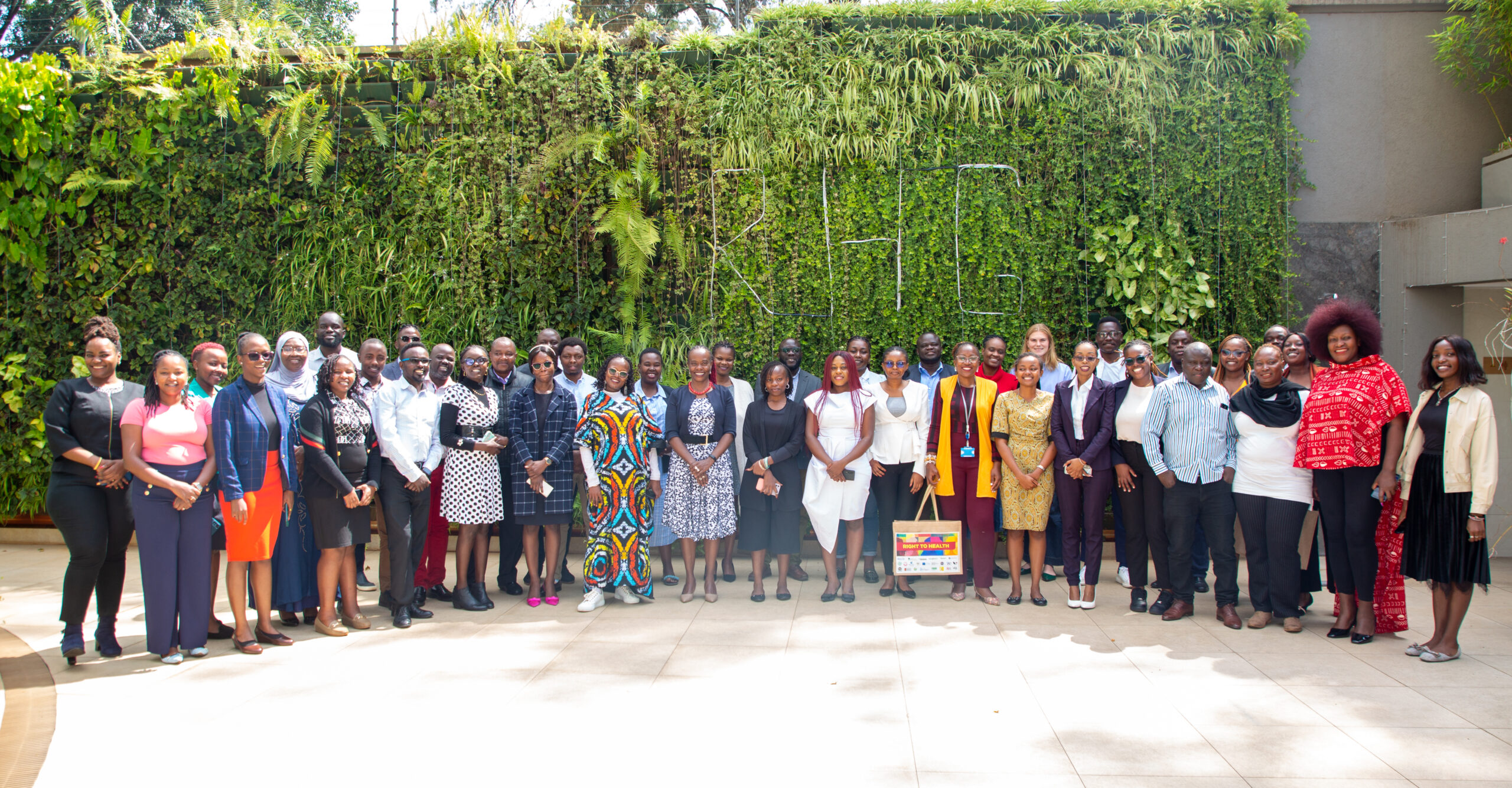Hearing Date: 2 April 2025
Issue: Division of matrimonial property upon dissolution of marriage at divorce or separation
Case: FEDERATION OF WOMEN LAWYERS IN KENYA (FIDA-K) v ATTORNEY GENERAL CIVIL APPEAL No 238 of 2018
Court: Court of Appeal of Kenya
At the end of a marriage, most couples have to deal with the consequences of the dissolution of marriage such as the fate of matrimonial property acquired during the subsistence of the marriage. Many a times, the process of division of matrimonial property upon divorce is heavily contested, painful and difficult. A divorce has particularly deep and enduring economic consequences for women; and most women have generally shared their experiences as being worse off economically and socially than men following the dissolution of marriage. Women find themselves disproportionately suffering a loss both economically and socially. We submit that although the court says the law is neutral, the different iterations of the same facts in different cases highlight that the heart of the issues surrounding section 7 of the Matrimonial Property Act is gender inequality.
This case seeks to question the legal requirement for proving contribution made by a party to a marriage towards the matrimonial property during the subsistence of the marriage as a basis for division of matrimonial property. The issue of proving contribution has had different reiterations within the Kenyan courts at different stages all seeking an understanding of the meaning of principle of equal partnership in marriage before the eyes of the law.
This case was filed by Federation of Women Lawyers in Kenya (FIDA-Kenya) challenging the constitutionality of section 7 of the Matrimonial Property Act of 2013. This provision provides that at the dissolution of marriage, matrimonial property vests on the spouse according to the contribution made by either spouse towards the acquisition of matrimonial property. FIDA-K claims that section 7 is in violation of the anti-discrimination law provided for in Article 27 and Article 45(3) of the Constitution. Article 45(3) of the Constitution stipulates that parties to a marriage shall have equal rights at the time of the marriage, during the marriage and at the dissolution of the marriage. FIDA-K seeks a declaration that section 7 of the Matrimonial Property Act is invalid for being inconsistent with the Constitution.
The Attorney General has been cited as the respondent in the appeal. He argues that the law is gender neutral and does not violate the principle of equality and non-discrimination. Further that the recognition of the principle of equality in family law does not automatically guarantee a 50:50 sharing of matrimonial property upon divorce.
ISLA as amicus curiae submits though the promulgation of the 2010 Constitution was a significant milestone in advancing matrimonial property laws in Kenya. Article 45(3) explicitly provides for the equality of spouses in marriage, including at the point of dissolution. In alignment with this constitutional provision, post-2010 judicial precedents marked a shift from earlier rulings, such as Echaria v. Echaria, and embraced a more equitable distribution of matrimonial property.
However, the enactment of the Matrimonial Property Act in 2013 introduced legal provisions that have been challenged as regressive. Specifically, Section 7 of the Act stipulates that spouses must prove their contribution to the acquisition of matrimonial property to claim a share. This provision has disproportionately disadvantaged women, whose contributions to a marriage often take non-monetary forms, such as caregiving, domestic work, and child-rearing—responsibilities that are fundamental to family life but difficult to quantify. ISLA’s submissions to the court seek to rectify decades of economic injustice faced by women, who disproportionately bear the brunt of discriminatory property division laws.
The initial Appeal was scheduled to be heard on 4th December 2024. However, one of the Judges, Justice F. Tuiyott, recused himself as he had already pronounced himself on a similar matter while sitting as a High Court judge. It was rescheduled to 4th February 2025 when it was erroneously listed again before the same judge. On 10th March 2025, it was listed before another judge, Justice Kiage who also recused himself as he has also made a pronouncement on the same issue. The appeal was eventually heard today, 2nd April 2025.
FIDA-K reiterated their stance submitting that section 7 of the Matrimonial Property Act offends the equality principle and discriminates against women who cannot prove their contributions at the dissolution of a marriage. Women end up walking away from their marriages in a more destitute position as a result of the fact that their contributions are not as easily discernible as monetary contributions made by their spouses. They requested that the Court of Appeal set aside the High Court judgement, and the Petitioners succeed.
The Attorney General made no further submissions, supporting the position of the high court decision and requested that the Court of Appeal sustain the judgment and dismiss the appeal.
ISLA made submissions emphasizing how this matter was not just a legal matter but also a political one. Through the analysis of case law, it has been clear that the issues surrounding the distribution of the matrimonial property upon the dissolution of marriage have been resistant to law reform. Additionally, this is an issue that affects Kenyans from all walks of life and socio-economic backgrounds. ISLA found issue with the High Court’s ruling that found that the provision was gender neutral and therefore could be applied equally. There is no metric that accurately and adequately proves the non-monetary day-to-day contributions women make to their family and households. ISLA reiterated the Courts obligation to use an equitable approach to address past discrimination.
Initiative for Strategic Litigation in Africa (ISLA), a non-governmental organization based in Johannesburg, through its legal representative KELIN was granted leave to join the case as an amicus curiae on 23 February 2024. ISLA seeks to provide information to the Court on how the requirement to prove contribution as a legal requirement for sharing of matrimonial property disproportionately impacts women’s rights to an equitable share of matrimonial property. ISLA shall address the Court on four issues:
- Regional and international law on the distribution of matrimonial property upon the dissolution of marriage.
- Comparative jurisprudence on the distribution of matrimonial property upon dissolution of marriage.
- Relevant law reform initiatives in comparable jurisdictions; and
- Judicial pronouncements have had a retrospective effect to the property rights of women.
ISLA is of the respectful view that this information shall help the court understand the meaning of the principle of equal partnership in marriage and apply the notion of equality, fairness and non-discrimination as the most suitable framework for ensuring equitable share of matrimonial property.
The judgment will be handed down on 26 September 2025.
For more information contact:
Carolene Kituku
ISLA Women’s Socio-economic Rights Lawyer
Nyokabi Njogu
KELIN Legal Counsel
E-mail: litigation@kelinkenya.org
0790111578



